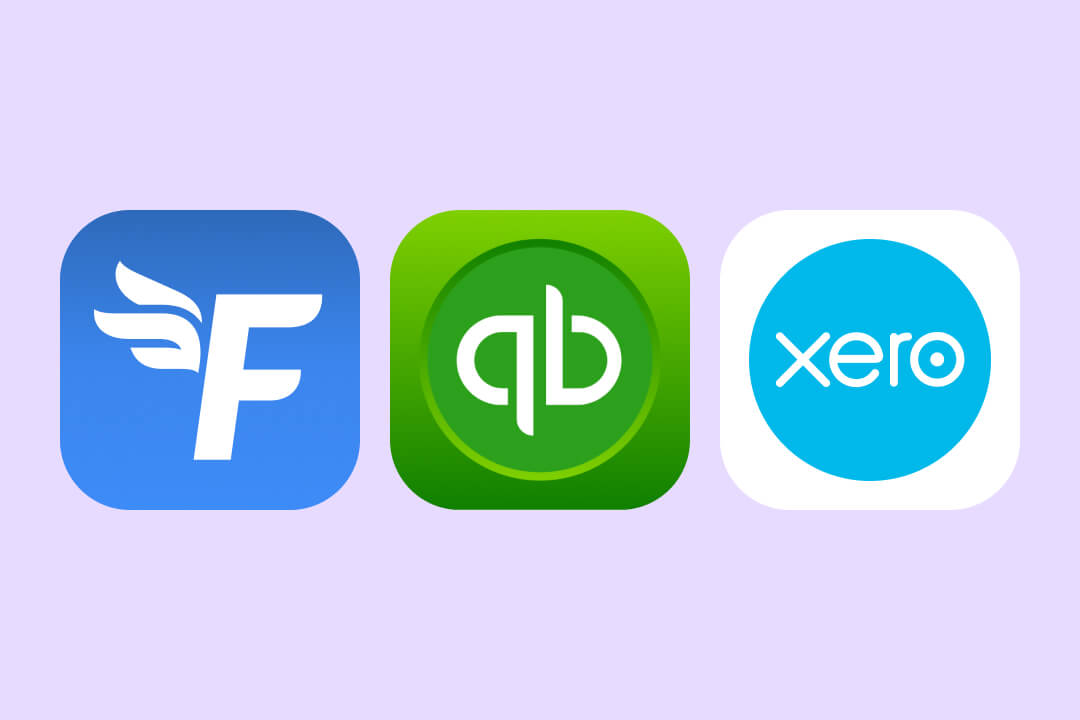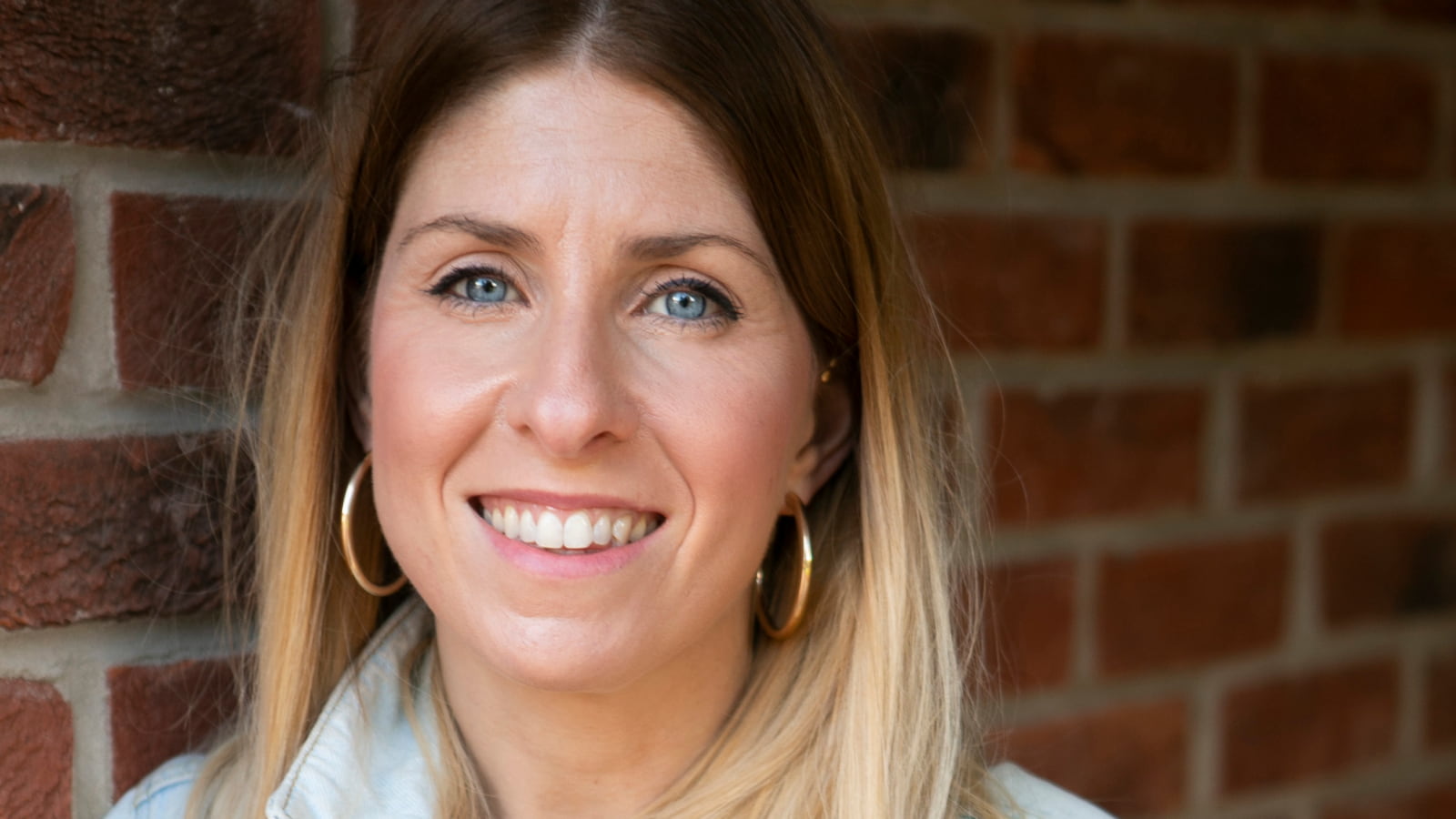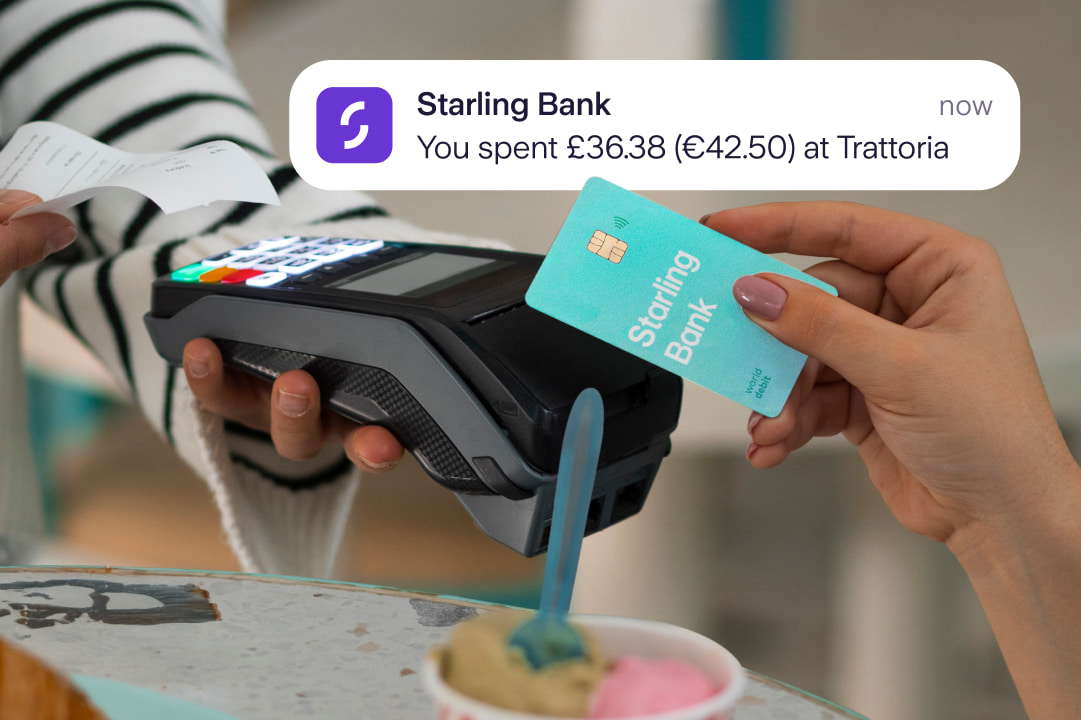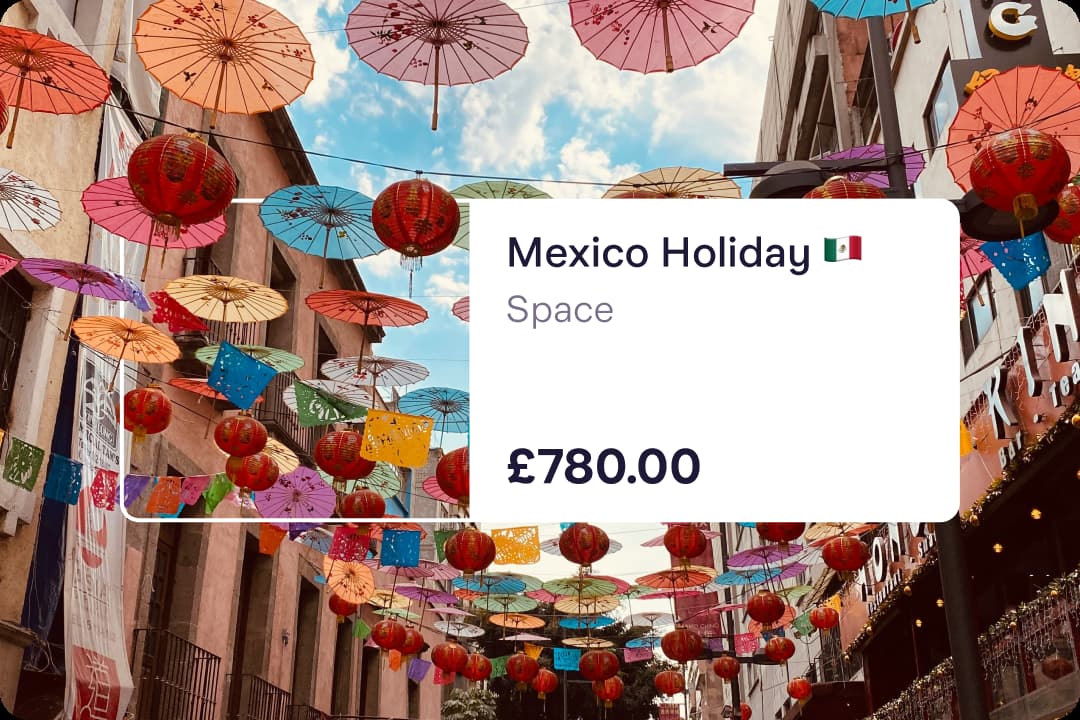
Business
“Becoming a mentor helped me see my own value.”
6th March 2025

We asked Alex Holder, freelancer and author of Open Up - Why Talking about Money Will Change Your Life and host of the Audible Original Podcast Awkward Conversations About Money, to share some insider tips on negotiating higher rates of pay.
2019 taught me a stellar lesson – that often more money lies on the other side of a moment of awkwardness. If like me you’re freelance, almost no one is going to crown you with a pay rise. To earn more money you’re going to have to ask for it. Many people find talking about money and their own value hard, but the reality of working for yourself is regular negotiation over day rates and project fees. So how should you enter those conversations? Here are some tried and tested ways of maximizing your pay, from small email hacks to embracing the tension of a negotiation.
Even with clients you regularly work with, next time more work is floated in an email or a brief comes in, before confirming, reply with the sentence, ‘Can you let me know what the fee would be?’ I’ve done this recently with two publications I’ve previously written for and each time the fee has gone up by 10-20%. It’s a risk free way of asking for a rise with zero confrontation.
You’ll feel much more powerful going into a negotiation if you have knowledge and data on what you should be paid. If you are uncertain you’ll be much more likely to bow to the first number they suggest.
“Do your research,” says Katriona Frazer a Managing Partner at The Talent Business, which works across the creative industries, “Go and look at salary surveys, go and talk to peers, go and talk to headhunters, look at LinkedIn, ask a forum (they’re often quite fruitful) – there are so many ways to find out what you should be being paid these days.”
I’ve found emailing an ex-boss and asking ‘what do you think I should charge for this?’ incredibly helpful. Also speaking to people whose job it is to put together budgets, like a project manager, can be a great way of gaging industry rates.
Many freelancers are forming mini collectives - creating WhatsApp groups of a few freelance peers with whom they can check the rates and payment terms of different clients. If you’re not already in one, think about setting up your own, freelancing is isolating and it’s amazing how receptive people can be to joining a small community, especially one that might help them charge their clients more money. There are also larger, more established groups like Doing It For The Kids, a supportive platform for freelance parents to discuss everything from upping rates to saying no based on the foundation of collaboration over competition.
“I don’t discount my rate,” says illustrator Niki Groom. “It takes the emotional labour out of negotiating. It means I don’t have to spend time thinking, should I, shouldn’t I take that job?” also that time could be spent creating more work.” Niki practices money transparency on her blog where she lists what she earns year on year from different revenues. Make sure pay negotiation doesn’t eat into time you could be spending on earning.
So you’ve done your research and you know the minimum amount you will work for, but that doesn’t mean you have to state that number first. Let the person offering the work put a price to it, there’s a chance it will be higher than what you have the confidence to ask for. Remember the moment you say a number you’re capping your earnings.
Sounds obvious, but if a client books you for two days, then only work for two days. You aren’t under delivering if the client doesn’t have the budget to complete a job. Make sure you state upfront what you can achieve for their budget, and that anything more will mean more money.
And don’t underestimate the amount of time smaller jobs might take. As Suchandrika Chakrabarti host of FreelancePod advises, “If you’re speaking at an event or teaching a workshop, ask about the fee early doors. Then calculate a figure based on using a half or a whole day of your time, not just the hours you’ll be at the event. Don’t underestimate how prep and travel time eats into your other work.”
David Burkus spoke at TED about why you should know what your co-workers get paid. “Secrecy leads to what economists call information asymmetry a situation in which one party in a negotiation has more accurate information than the other party has,” he explains. “The employer holds a much greater amount of privileged information (the salary of everyone in the company and the budget for the position) and is therefore able to gain an advantage in most situations.” One way round this is to share your day rates and project fees with other freelancers, that way you all go into negotiations with as much information on your competitive set as a large company might have.
While I will always advocate for getting comfortable talking about money, if you find negotiating face-to-face or over the phone too awkward, then just say ‘I’ll follow up with details over email.’ You might find the distance will allow you to be firmer about what you want.
I hope 2020 is the year you up your rates, negotiate harder (even if it is over email) and feel confident to ask for what you want. And remember, most clients expect their freelancers to want to talk about rates and budgets, what might feel like an emotional conversation to you is just part of their job.

Business
6th March 2025

Business
24th May 2024

Business
8th February 2024

Money Truths
8th July 2025

Money Truths
2nd July 2025

Money Truths
1st July 2025